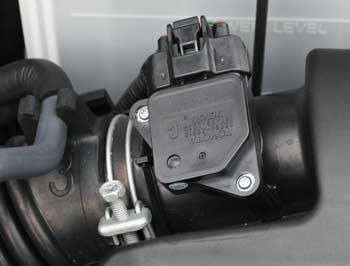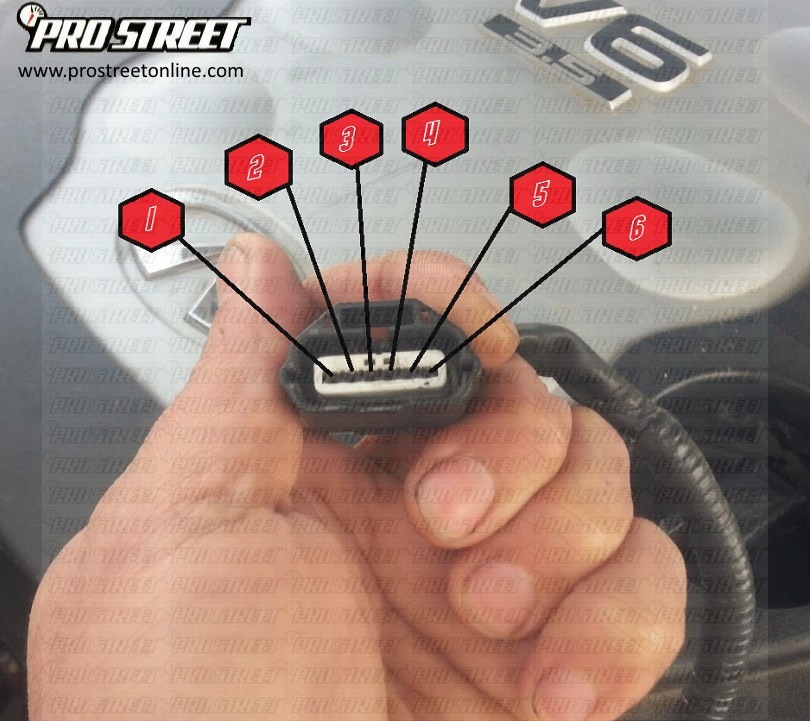
Your Nissan's computer takes the information gathered from the Mass Air Flow Sensor and determines how much fuel is required to maintain the correct ratio of fuel to air. The Mass Air Flow Sensor sits between the engine's air filter and intake manifold and measures the amount of air that enters the engine through the engine air filter. Your Nissan's Mass Air Flow Sensor is an important component of the electronic fuel injection system.

Usually, when the MAF sensor fails, it also sends an error code to the ECU and this causes it to turn on the check engine light, as well. The imbalance in the combustion chamber will cause the ECU to turn on the check engine light. The thicker the black exhaust smoke the more excess fuel your engine is burning and the more dangerous it is to continue to drive your car.

This not only causes problems with your gas mileage but it also causes black exhaust to flow out of your tailpipe. When the engine has too much fuel, it burns off the excess that it doesn’t need. If a misreading from the MAF sensor tricks the ECU into putting too much fuel into the combustion chamber, your gas mileage will tank – pardon the pun. This is because it has more air than fuel and, consequently, it is fuel-starved. If a misreading from the MAF sensor tricks the ECU into putting too much air into the combustion chamber, your vehicle’s acceleration will lag. Scotty’s Automotive advises that you may never have to replace your MAF sensor, but if you notice any of the following signs of a bad mass airflow sensor, you may need to replace this auto part after all.


This is because the mass airflow sensor is sending the wrong information to the engine control unit. If the MAF sensor goes bad, the amount of air in the chamber will be adjusted incorrectly. The mass airflow (MAF) sensor and the engine control unit (ECU) work together to make sure that you always have enough air in the combustion chamber for engine combustion.


 0 kommentar(er)
0 kommentar(er)
